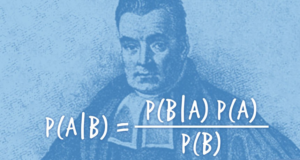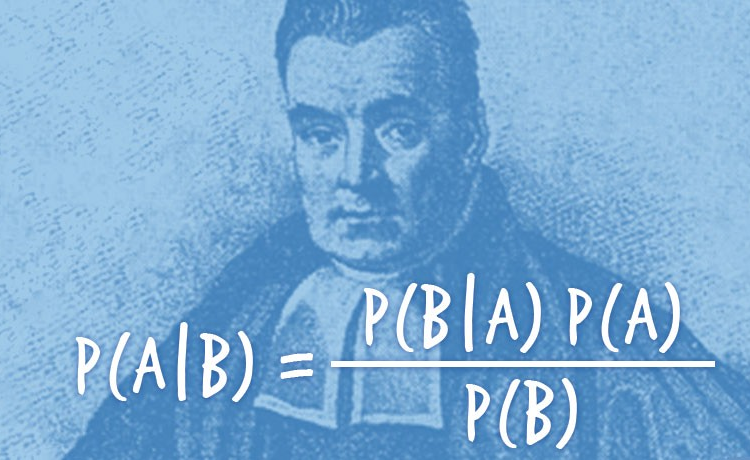How Bayesian Analysis helps bet in sport
Bettors also search for new methods to help simplify the process of assigning specific probabilities to the probability of occurring unpredictable events. This article explores how Bayesian Analysis, the philosophy of an English Presbyterian Minister named Thomas Bayes from the 18th Century, can help sports bettors measure the result of a case.

Background of Bayesian analysis
Thomas Bayes was born in England around 1701 and split his life into philosophical and mathematical studies. Soon after his death in 1761 was one of his studies, “An Essay to Solve a Problem in the Doctrine of Chances” sent to the Royal Society of England and posthumously acknowledged the importance of his work.
However, it took Bayes’ work to be fully understood and gained mainstream recognition before the appearance of computers – 200 years on –. The Bayesian theory has since been interpreted and applied in several different fields, including artificial intelligence.
The Bayesian theory applies an iterative way to determine what you understand about the possibility of a potential case, and then to check the effect of new information as it becomes available.
Formula of The Bayesian analysis
Bayesian analysis can be address as, ‘Inverse Probability,’ ‘Bayesian Updating’ or ‘Bayesian Inference,’ but at they are all using the same formula:

To know the probability of A is when you know B is also present (given), by multiplying your prior estimation of A (Probability of A) by how much more likely B is when A is present ( P(B|A)/P(B)) you can get the answer.
Predict the weather by exercising Bayesian analysis
You’re predicting that it’s going to rain tomorrow with a 20% probability.
And you know there’s a 40% chance of clouds in the atmosphere on an average day.
You do know that clouds possibility is 100% provided that rain is 100% (when there is rain, there will always be clouds).
The information you have:
- P(A)= Probability of rain= 20%
- P(B)= Probability of clouds= 40%
- P(B|A)= Probability of clouds given rain= 100%
In the morning, you wake up and get content with a new part of data: clouds are in the sky. You will now be using Bayesian on the probability of it raining, as clouds are in the sky.
P(A|B)=P(A)*P(B|A)/P(B)= Probability of rain * Probability of clouds given rain/Probability of clouds=20%*100%/40%=50%
Now you know that there is a 50% chance to rain.
Bayesian analysis & sports betting
Now, let’s transpose that to an example of sports betting. Suppose you are involved in a match in Real Madrid, where you assume they have a chance of winning outright by 70%. You should know that it rains 20% of the time when they play, compared to the average probability of rain in a 25% Real Madrid match.
The information you have:
- P(A)= Probability Real Madrid wins= 70%
- P(B)= Probability of rain in a Real Madrid match= 20%
- P(B|A)= Probability of rain in a football game when Real Madrid wins= 25%.
Finally, if you obtain weather information, you don’t have to try to think about whether it affects the chances. You can conduct a Bayesian Update, as do many experts in other fields (including sports betting).
When it happened to rain, you grasp that P(A|B)=P(A)*P(B|A)/P(B)= 70%*20%/25%= 56%
Identify that P(B) is the same as asking “how much more possible is B, provided A? “- 25/20 (25%/20%) in this scenario.
If you know that B is a given, you can change your new evaluation of A by merely multiplying them: P(A)*P(B|A)/P(B).
Synopsis
A bettor’s worst enemy usually is itself a standard error, with absolute obedience to a specific result in the face of shifting circumstances. The Bayesian analysis discloses this mode by enabling and promoting the continuous examination of new data against your theory, which is a constructive feedback loop to improving your assessments of the probability of a case.
Nonetheless, isn’t a mathematical crystal ball, in any formula, the GIGO (garbage in, garbage out) rule applies, if you are comfortable in your evaluation of what it is that you are measuring, then the Bayesian approach will unravel the interest of sports betting. And for that, you have a priest of the 18th century to thank.





